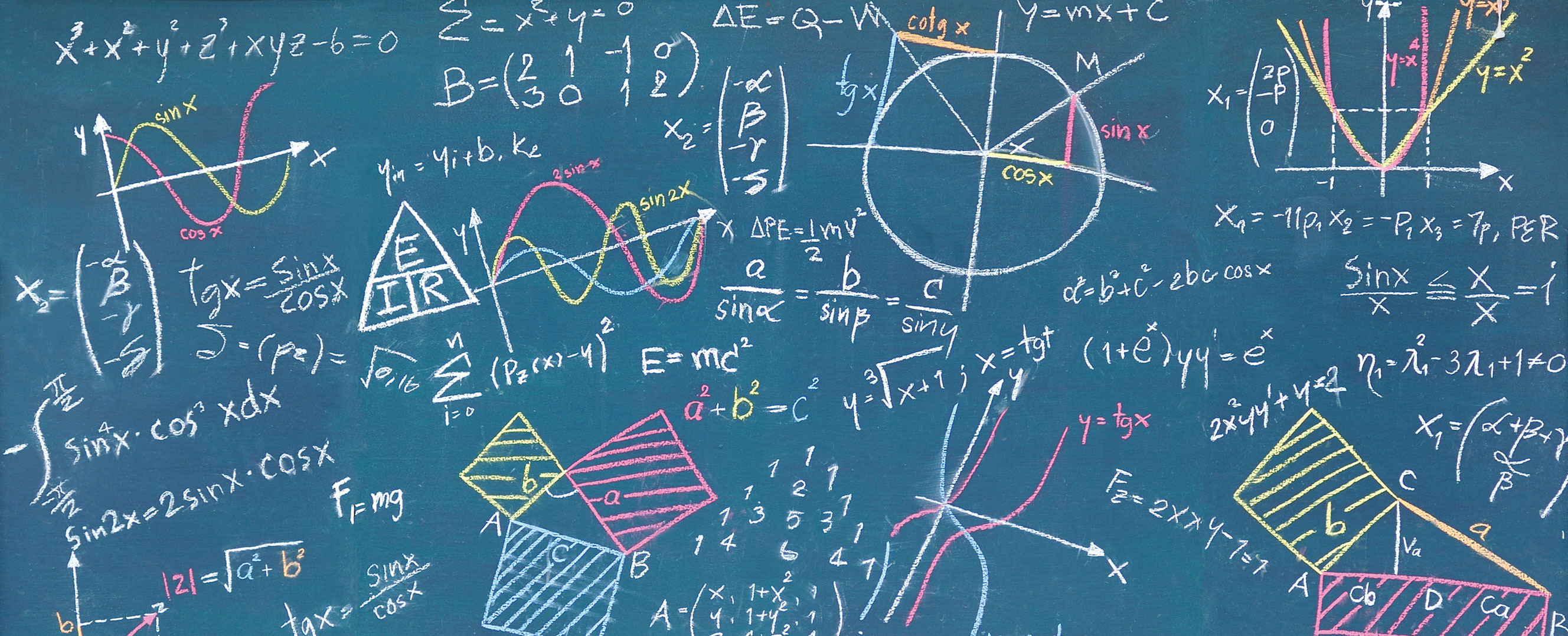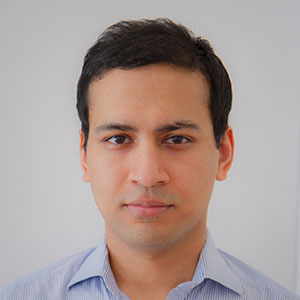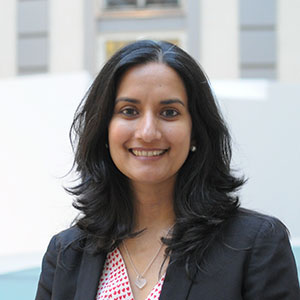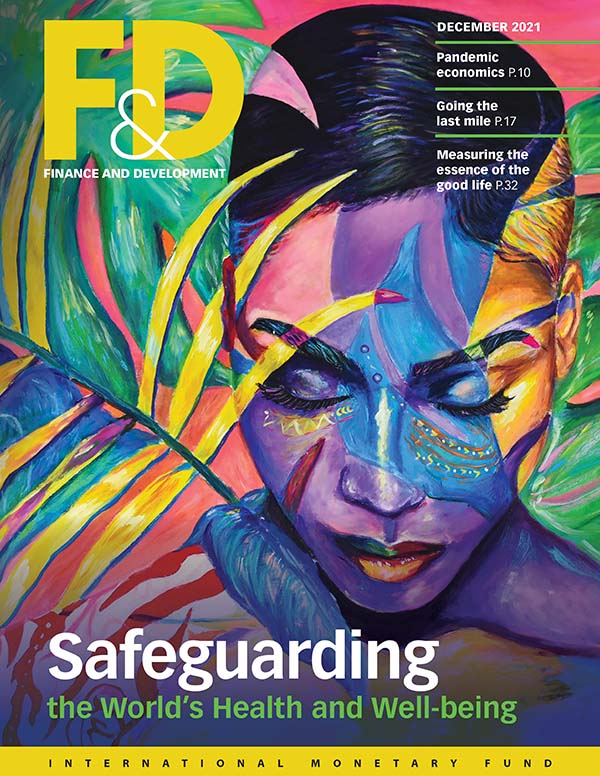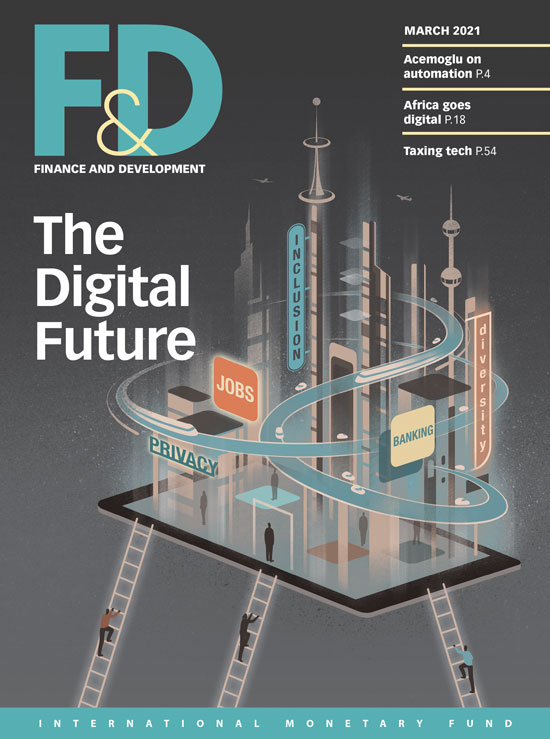More equal opportunities can make us all better-off
Talent can be born anywhere, but few places specialize in nurturing it. Accordingly, talented individuals have pursued opportunities abroad for centuries. Aristotle, for instance, moved from northern Greece to Athens to attend Plato’s Academy and then to Macedonia to tutor a young Alexander the Great. Since World War II, the United States has emerged as a hub for foreign talent, playing an outsize role in the global knowledge network of scientific activity in recent decades.
Accordingly, immigration policies in the United States may have significant implications for scientific activity both in the United States and the rest of the world. While studies have examined the potential impact of US immigration policies on US competitiveness in science and innovation, there has been less focus on understanding how US immigration barriers may in turn impact scientific activity globally.
In this context, our recent paper “Why U.S. Immigration Barriers Matter for the Global Advancement of Science” finds that the global scientific output of future generations could be up to 42 percent higher if talented youth around the world had equal opportunities to nurture their abilities. Our work suggests that achieving this goal would require reducing immigration barriers and making more scholarships available for top foreign students (especially for those born in developing economies).
The quantitative impact of immigration barriers on global science and on worldwide cross-border flows remains an under-studied question, mainly because of the difficulty of collecting and linking data on migration and scientific production on a global scale. Yet examining the impact of US immigration barriers on the global advancement of science is both essential and timely—especially given the recent disruption in cross-border flows of people because of both the COVID-19 pandemic and changes in immigration policies. For instance, the number of student (F-1) visas issued by the United States fell 70 percent between fiscal years 2019 and 2020. Further, on September 25, 2020, the Department of Homeland Security proposed a rule to end the “duration of status” on visas for foreign students and exchange visitors (and journalists), which would make it much harder and more expensive for this group to study in the United States. Many of those who can no longer come to the United States to work and study due to recent immigration and travel barriers represent a substantial share of the most talented individuals from around the globe.
In an earlier work, “Invisible Geniuses: Could the Knowledge Frontier Advance Faster?” published in American Economic Review: Insights in December 2020, we study the advancement of the knowledge frontier in the field of mathematics. Mathematics provides a natural laboratory to examine where frontier knowledge comes from, thanks to the International Mathematical Olympiad (IMO), a prominent worldwide math competition for talented high school students. This competition for people younger than 20 has taken place annually since 1959 and includes more than 100 countries. We hand-collected data on careers of all IMO participants competing between 1981 and 2000 (that is, 4,710 participants, of which 2,272 received a medal). Our research found a strong correlation between success in the IMO and many indicators of scientific productivity, including winning the Fields Medal. The Fields Medal is the mathematics equivalent of the Nobel Prize and is awarded every four years to up to four people under the age of 40. Our research shows that the probability of an IMO gold medalist (someone scoring in about the top 10 percent of the competition) winning a Fields Medal is 50 times greater than the probability of a PhD graduate from a top-10 mathematics program doing so.
At the same time, we found a developing economy penalty throughout the talent distribution. Compared with their counterparts from high-income countries who had the same score in the IMO, participants born in low- or middle-income countries contribute considerably less to published research over their lifetimes (see Chart 1). We reached that conclusion by counting individuals’ published work, as evidence of original research, and citations of their research by others as evidence of their findings’ influence. A participant born in a low-income country produces 34 percent fewer mathematics publications and receives 56 percent fewer mathematics citations than an equally talented participant from a high-income country (see Chart 2). The findings suggested overall that large scientific gains can be achieved by easing barriers to people’s migration to places where their talent can be nurtured.
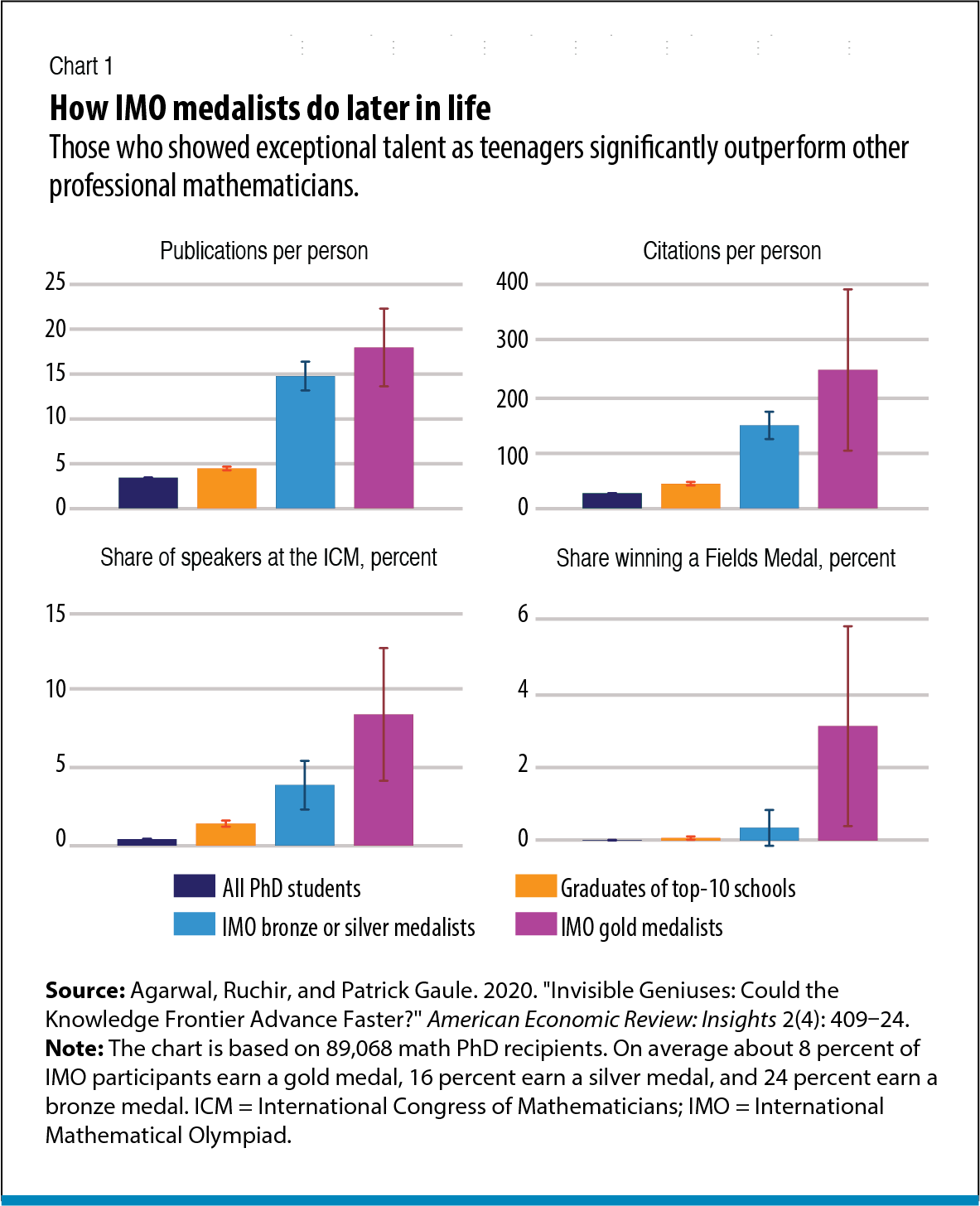
Our recent work (written jointly with Geoff Smith) makes it possible to quantify the effect of immigration barriers on the advancement of science using hand-curated data sets of talented individuals—Nobel laureates, Fields medalists, and IMO participants. We combine our data set of career histories with newly collected survey data of 610 recent IMO participants, which includes information on the universities they applied to, were admitted to, and attended. The survey also asks a series of questions about how respondents would choose between hypothetical university offers in different countries—where offers were either funded or unfunded. These questions allow us to shed light on the role of funding as a constraint to pursuing education abroad.
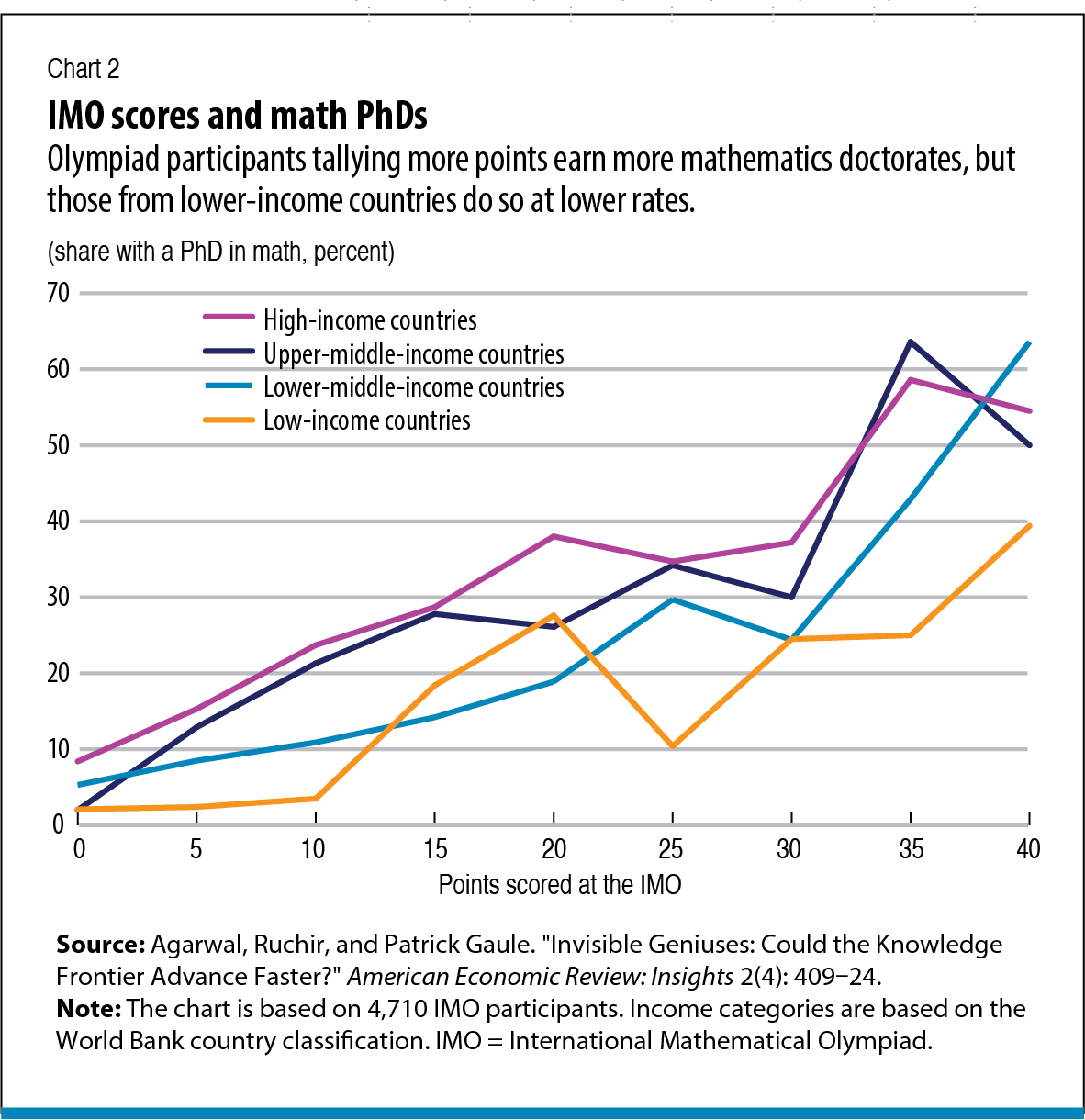
Our analysis highlights four main results. First, using data on Nobel Prize winners and Fields medalists, we document the central role migrants to the United States play in the global knowledge network—representing 21–33 percent of these frontier knowledge producers (see Chart 3).
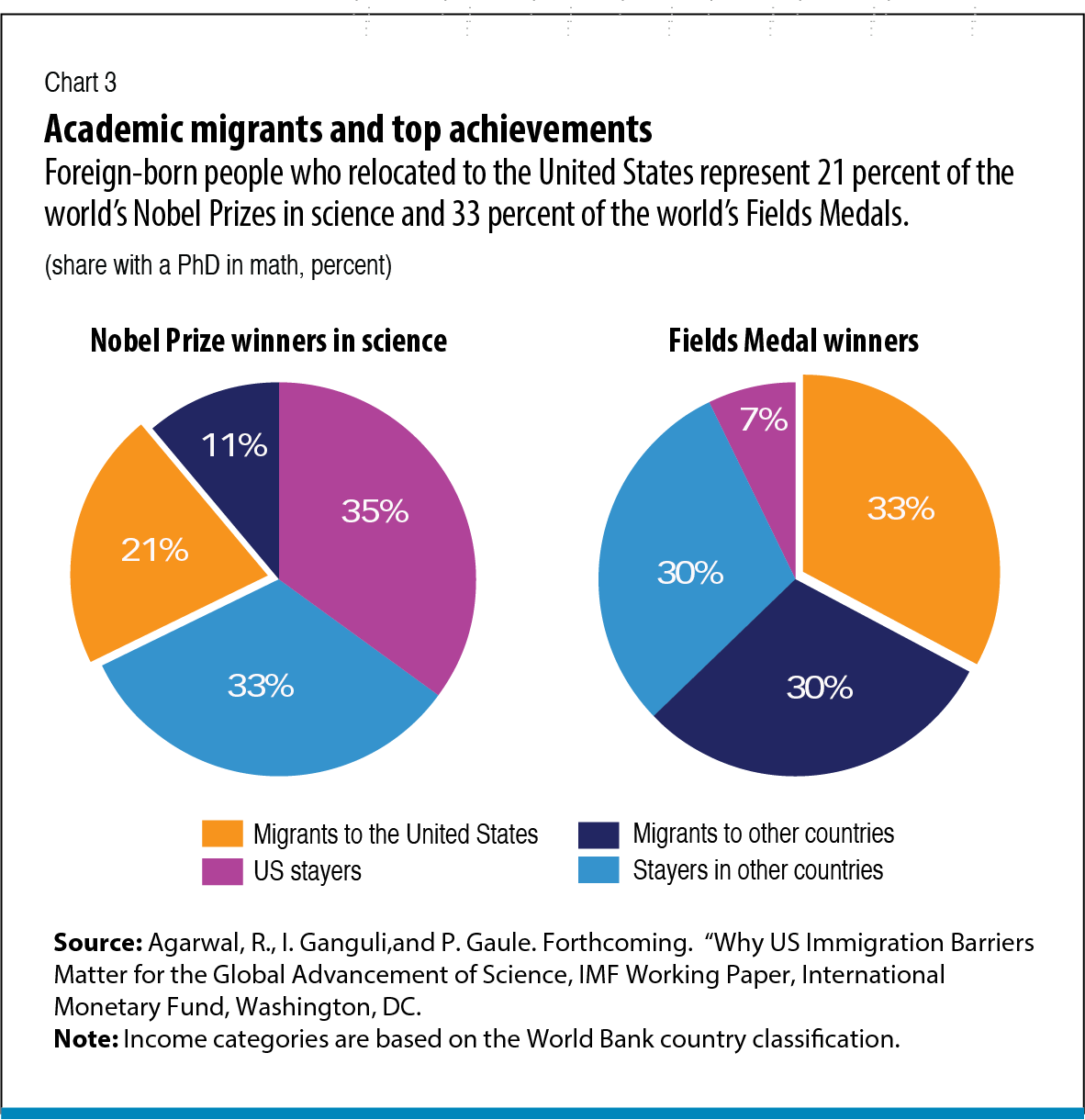
Second, using our novel survey data and hand-curated life histories of IMO medalists, we show that migrants to the United States are significantly more productive than migrants to other countries—even after accounting for their talent during their teenage years. Migrants to the United States are four to six times more productive than stayers, while migrants to the United Kingdom are more than twice as productive as stayers. The term “stayer” refers to those who remained in their country of birth. Using information on the future occupations of the medalists we show that the US productivity premium is driven by both the extensive margin (that is, migrants are more likely to choose academic careers when they migrate to the United States) and the intensive margin (in other words, among those who choose academic careers in math, migrants to the United States are more productive than those who remain in their home country), in roughly equal measures.
Third, we document that financing costs are a key factor preventing foreign talent from migrating to the United States. In particular, among developing economy IMO participants in our survey, 66 percent dream of studying in the United States, while only 25 percent manage to do so. Financing appears to be a key constraint driving the gap between the dreams and the actual study destinations among talented youth. Forty percent of respondents report that the availability of financial assistance was “very important” or “extremely important” to their decision to attend their particular undergraduate institution rather than a different one—the share rises to 56 percent for developing economy participants.
Fourth, our findings suggest that certain policy changes that reduce immigration barriers to the United States—by addressing financing constraints for top foreign talent—could increase the global scientific output of future cohorts of talent by up to 42 percent. This large increase results from the combination of two factors: talented individuals are much more productive in the United States than in their home country (as previously discussed), and many talented individuals aspire to move to the United States but can’t because of financing constraints. Scholarships could thus make a huge difference. Of course, improvements that help young people develop their talent at home are also important, including to nurture those who prefer not to leave their country and those who can’t. Addressing this problem requires investing in better research institutions in more countries to nurture domestic talent, in addition to providing financial opportunities for talented youth who dream of studying abroad.
The pandemic and restrictive immigration policies recently have added new barriers to academic migration. These deprive talented individuals of the opportunity to nurture their abilities and compel many to settle for an inferior educational environment that is not suited to their preferences or strengths. And humanity is deprived of countless potential discoveries. Our findings suggest that timely action by global policymakers and the scientific community is needed to ensure equal opportunities for talented individuals and to accelerate the global advancement of science and knowledge.
Opinions expressed in articles and other materials are those of the authors; they do not necessarily represent the views of the IMF and its Executive Board, or IMF policy.




